|
By Patricia Scotland, Commonwealth Secretary-General Today in India and Bangladesh, millions of people are hunkered down in shelters, many with masks on their faces – a chilling reminder of the COVID-19 outbreak that still grips the densely populated countries. Forced to flee their homes, families, some migrant workers who have only just arrived from the cities after walking hundreds of miles to escape the pandemic, wait with agonising uncertainty for the onslaught of super cyclone Amphan. And in this emerging pandemic reality which has already closely acquainted us with a new type of disruption and hardship, it is hard to imagine the added predicament of the curveball from nature approaching Asia with the record-breaking wind speeds of a category 5 hurricane. The data from the Joint Typhoon Warning Center is worrying. Amphan’s storm winds and heavy rainfall is expected to affect 33.6 million people in India and 5.3 million in Bangladesh, and target some of the most vulnerable and least developed regions. In a pre-COVID-19 world, evacuation and preparedness for a disaster of this magnitude would have been fraught with challenges. In today’s reality those challenges are exacerbated and multiplied. Both India, which has more than 100, 000 coronavirus cases and Bangladesh, which has more than 26 000, have been successful in managing the pandemic, but are still battling the outbreak with social distancing and other restrictions. This means that shelters in some places are only able to accommodate less than half the usual capacity. So, as the Commonwealth rallies around the governments and people of India and Bangladesh, we are once again forced to face the persisting reality of climate change and natural disasters. Actually, we are now presented with a new question, how do we analyse and understand the interplay between pandemics, economies, and the environment, and respond to the deadly concoction of disease and disaster? Indeed, coronavirus crept up on us in the midst of growing skepticism about the effectiveness of multilateral cooperation – reminding us that it’s a small world after all, and eliminating any doubts about the need to collaborate across borders. And Amphan, in the midst of the pandemic, is now demanding that this spirit of interconnectedness must also inspire our problem solving approaches. This is a lesson that the Commonwealth has had to learn very early on, mainly because of the vast diversity of challenges and opportunities represented in our membership. So, recently, when Commonwealth Health Ministers met to decide how they could join forces against COVID-19, instinctively their discussion went beyond strategies to ensure everyone can access PPEs, ventilators and testing kits, to also address the economic and environmental aspects of the issue. We have long understood that nothing short of a robust, multinational, multisector and multi-agency strategy can drive innovation and provide solutions to our complex and multidimensional challenges. Actually, it is this coordinated, out-of-the-box thinking that inspired UNITAR’s Operational Satellite Application Programme (UNOSAT) and the Commonwealth to create our bespoke CommonSensing platform. Already rolled out in the Pacific where islands are most vulnerable to devastating cyclones, the project uses satellite based information to help countries anticipate and plan for disasters, successfully apply for funding for climate action, boost resilience to climate change, and enhance food security. The Secretariat is also actively engaging with UNOSAT to connect their experts with member governments impacted by extreme events; and will be collaborating on a series of webinars on rapid mapping and population exposure analysis to help countries plan evacuation and rebuilding strategies. Currently, UNOSAT is supporting Bangladesh with a population exposure analysis as part of a suite of responses that the country can use to manage the impact and aftermath of Cyclone Amphan. So, as we explore specific steps to support countries who face the twin challenge of a natural disaster and a pandemic, CommonSensing is an excellent example of the kind of collaboration that will save lives and help us bravely enter the much anticipated ‘new normal’. But it is just part of the holistic, complex, clever and creative strategy that we will need to tackle our emerging challenges from every angle, anticipate the intersection of multi-events and protect economies, people and livelihoods. It is clear that we need more of resources such as the Commonwealth Disaster Risk Finance Portal to help countries facing hurricanes and cyclones to have, at their fingertips, a range of preparedness financing options. We need a robust debt relief and management strategy to support those who are on the verge of crisis. We need schemes to empower marginalised groups such as youth, women and migrants. And we need to ensure that governments are able to recover from recession without undermining environmental protection and climate action, through measures such as tax incentives for investors to use renewable energy, and climate smart technologies to enhance agricultural production. We also need to be brave enough to embrace innovative solutions such as the Commonwealth Common Earth initiative, which leverages the resources of governments and the genius of environmentalists, climate change experts and indigenous groups to create tailored, country-led, regenerative and holistic solutions to climate change. In the Commonwealth, we will continue to use our convening power, partnerships, innovation and advocacy to support and stand in solidarity with India and Bangladesh, our nations in other regions that are bracing themselves for hurricane and cyclone seasons, and those who face the often forgotten challenge of drought. But we can’t do it alone. We need a global effort that is big enough to take on this goliath challenge of intersecting and multiple threats to our planet and people. |

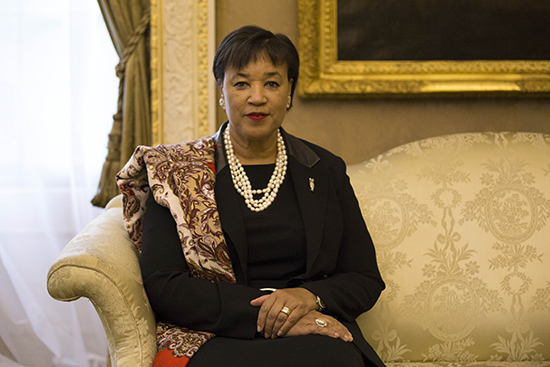
Dealing with the deadly concoction of disease and disaster By Patricia Scotland, Commonwealth Secretary-General

Related Articles
Fuel Subsidy And The God Of Jonathan
by Reuben Abati One of the first things that had been cited...
More Notes On The Elections
by Reuben Abati The prevalence of the comic spirit is one of...
Nigeria: February 25 And The Aftermath
by Reuben Abati Nigeria held its Presidential and National Assembly elections on...
Nigeria 2023: The Best And Worst Of Times
by Reuben Abati The best way to describe what has happened to...
The Chatham House Effect
by Reuben Abati There seems to be a scramble, a rush, by...
2022: A Year In Review
by Reuben Abati By this time next week, the year 2022...
The Vice President as a Salesman
By ETIM ETIM In the immediate aftermath of the APC presidential primary...
Osinbajo’s investment pitch and the new vista for Nigeria
Vice President Yemi Osinbajo has proven on many occasions, to be the...
Nigeria: Who is in Charge?
By Reuben Abati Just recently, President Muhammadu Buhari travelled out of the...
‘Putin’ the cart before the horse in Ukraine
By Olukayode Oyeleye Russia’s president, Vladimir Putin, is clearly now at his...
Africa and Climate Change – A Conversation with US Senator John Kerry towards COP27
By Tony O. Elumelu As the world continues to experience the daily...
ASUU, Inflation, Monkey Pox and Other Problems
By Reuben Abati “Ko ko Ko. Pon Pon, Pon. . Helloo...
NBC’s sledgehammer to democracy and media rights
By Emmanuel Ogbeche The buzz is still building and the apprehension in...
William Ruto And Kenya Election
By Reuben Abati And thus, it is done: the people of the...
On the Commonwealth Games 2022
By Reuben Abati
Nigeria: More Universities Where?
by Reuben Abati I stumbled on a story in the Nigerian media...
Rebellion At the Apex Court
By Reuben Abati “Wahala be like bicycle” is an expression that most...
Hero-Worshipping Senator Ajibola Basiru’s Agbada Caught in a Barbwire
This is a rejoinder to Senator Ajibola Basiru’s piece titled “Osinbajo: Senator...
Goldmine Season For Lawyers
by Reuben Abati It is a goldmine season for Nigerian lawyers, mealtime,...
Osinbajo’s world-class declaration speech
In the digital age of technology and social media and metaverse, it...




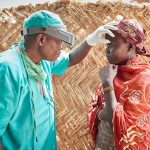
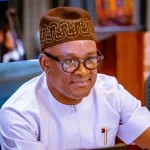


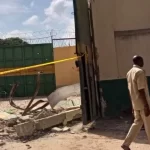








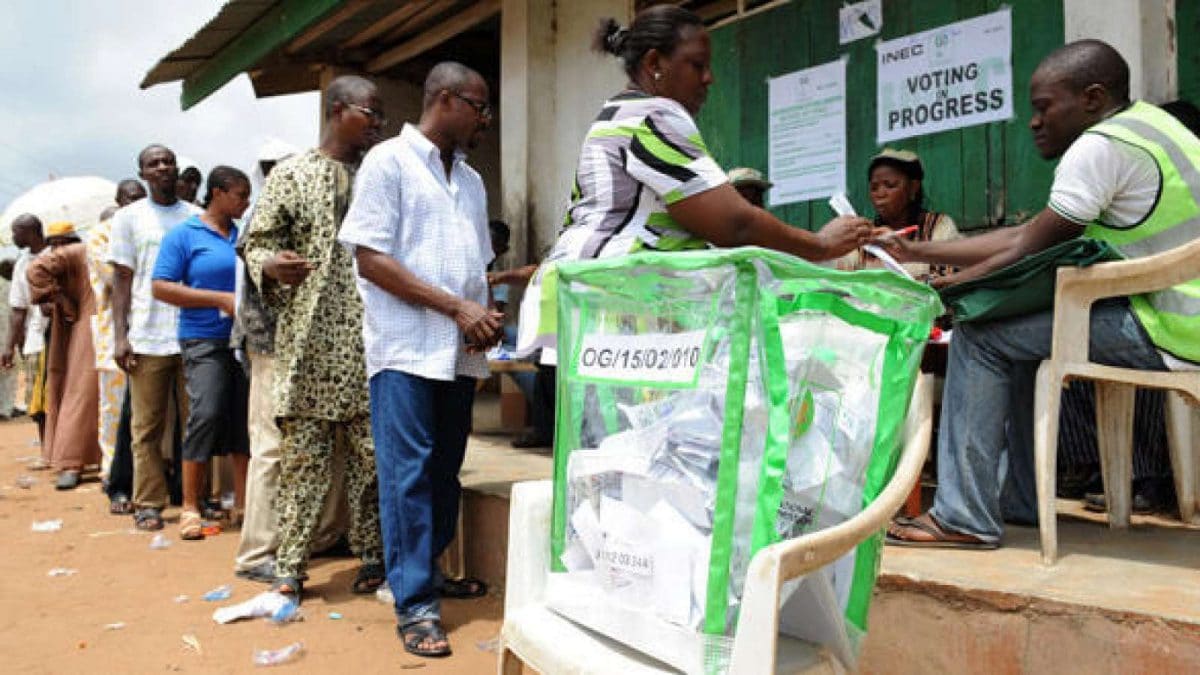
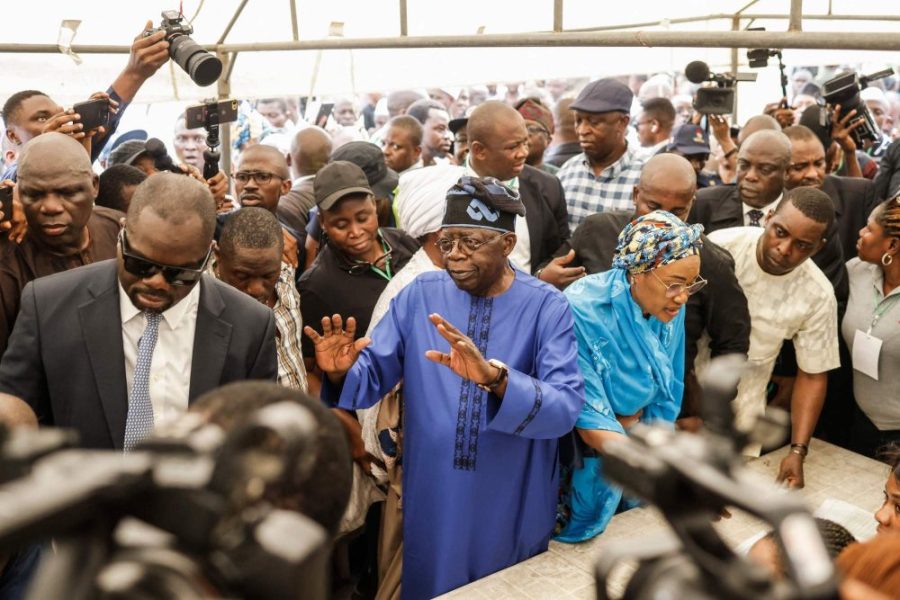
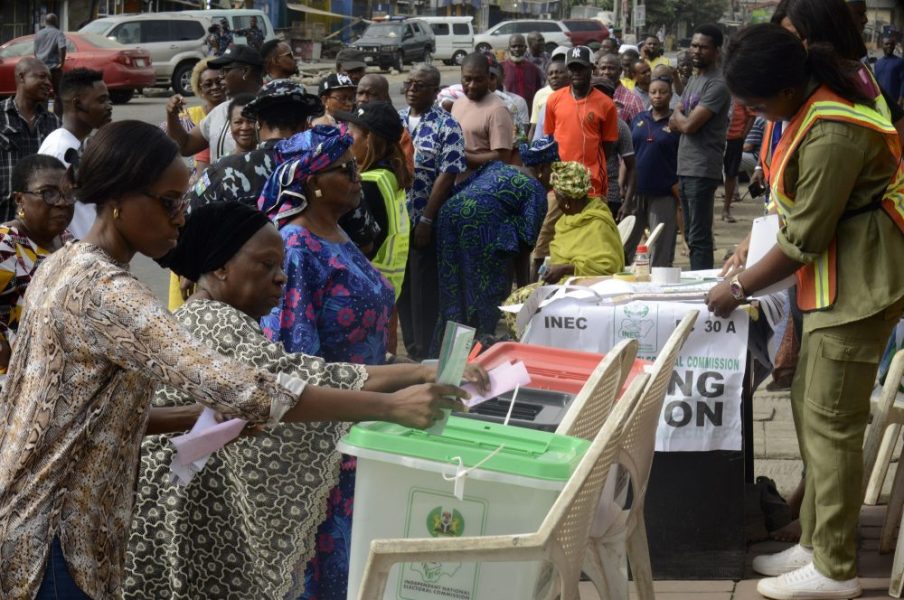
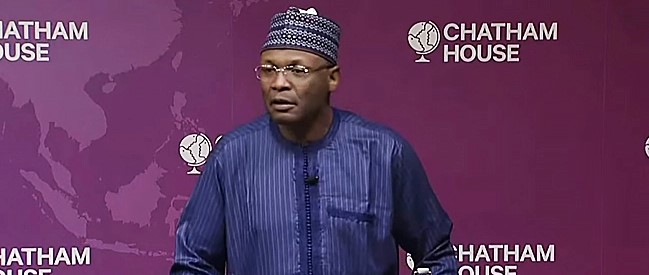
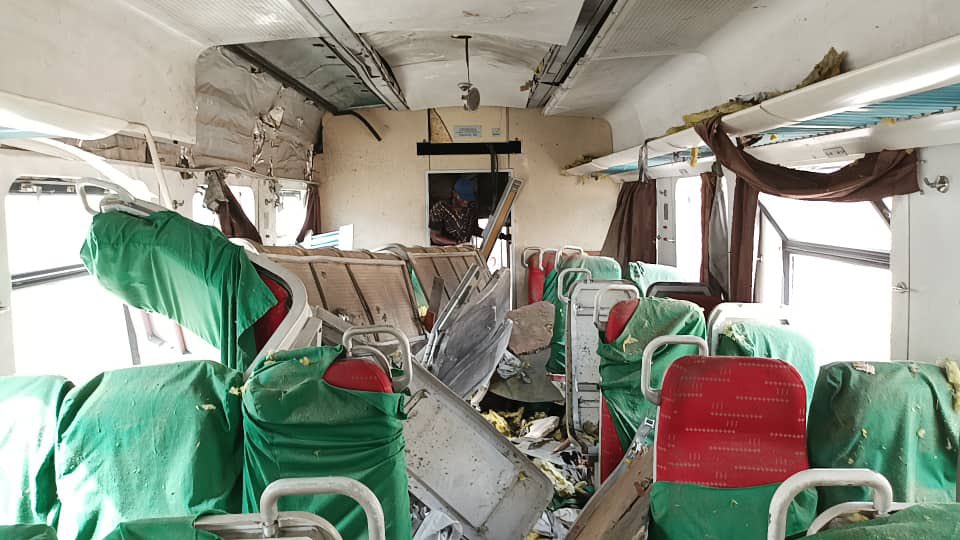
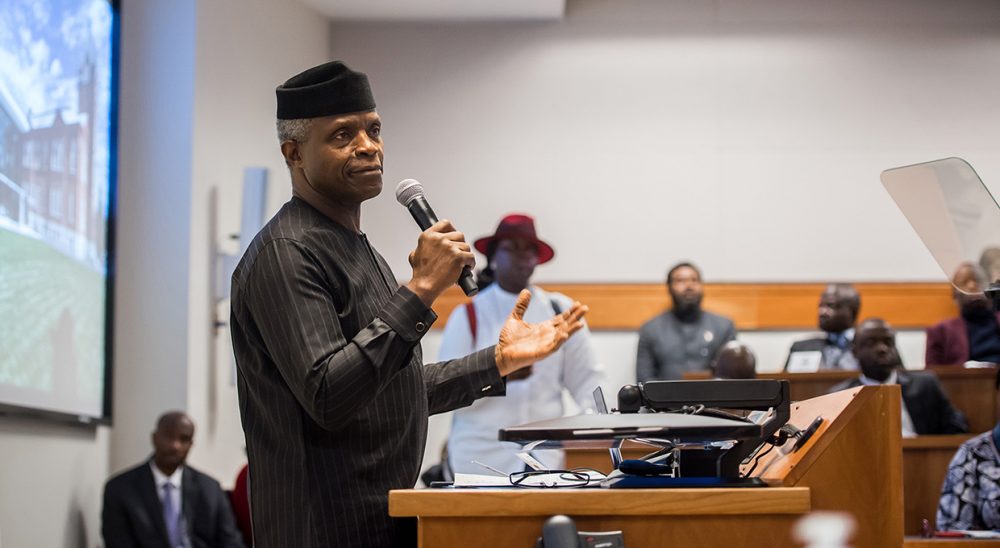
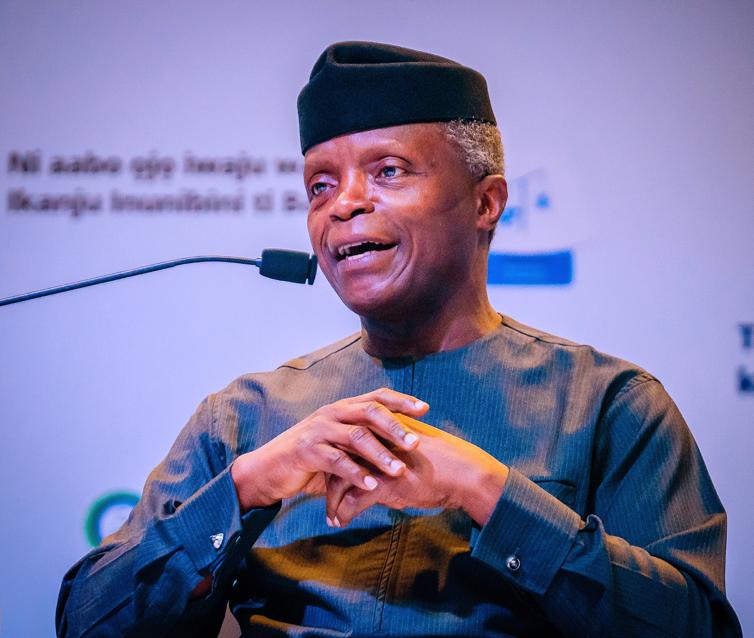
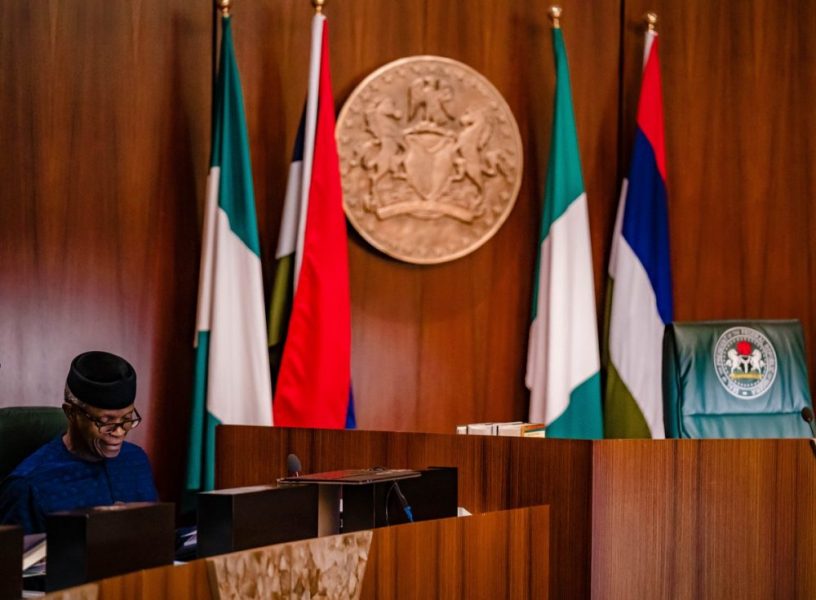

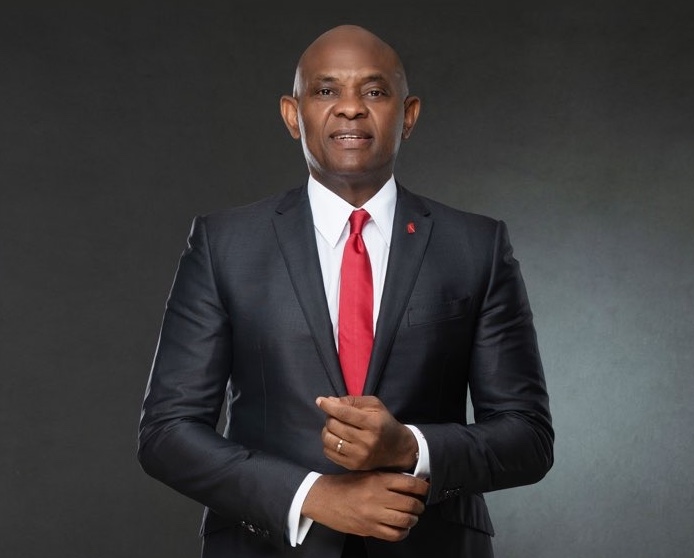


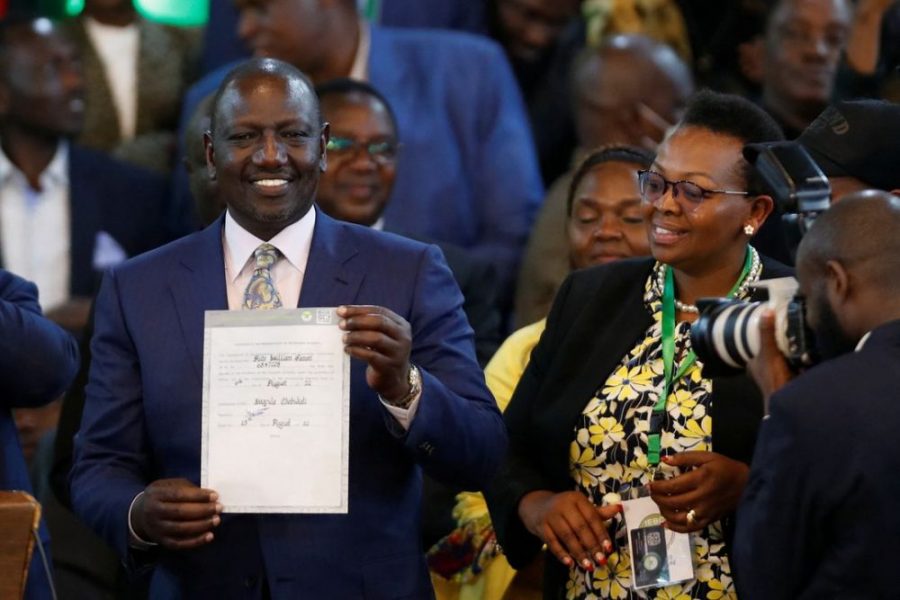

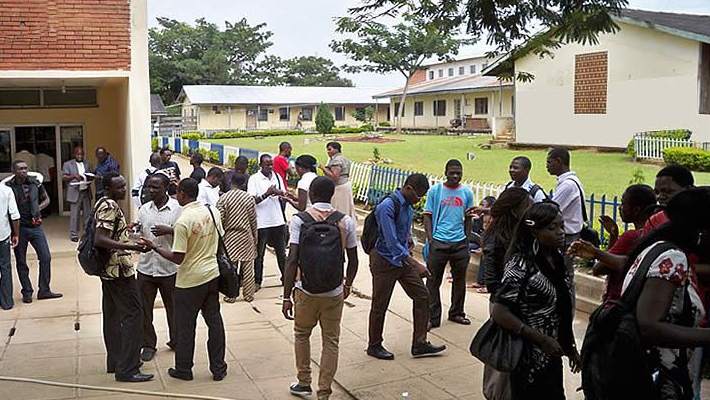
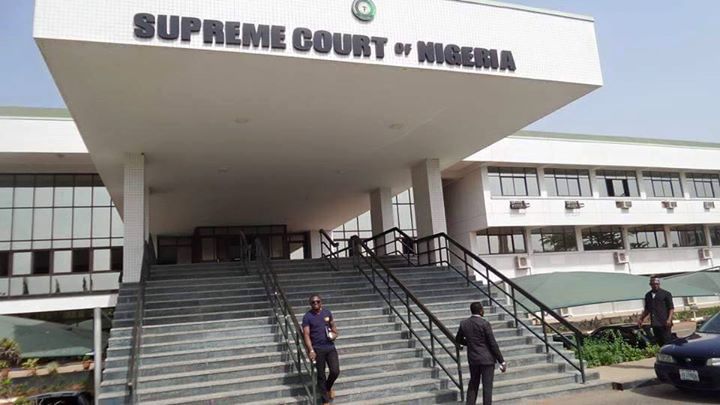

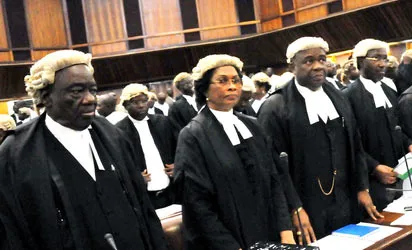
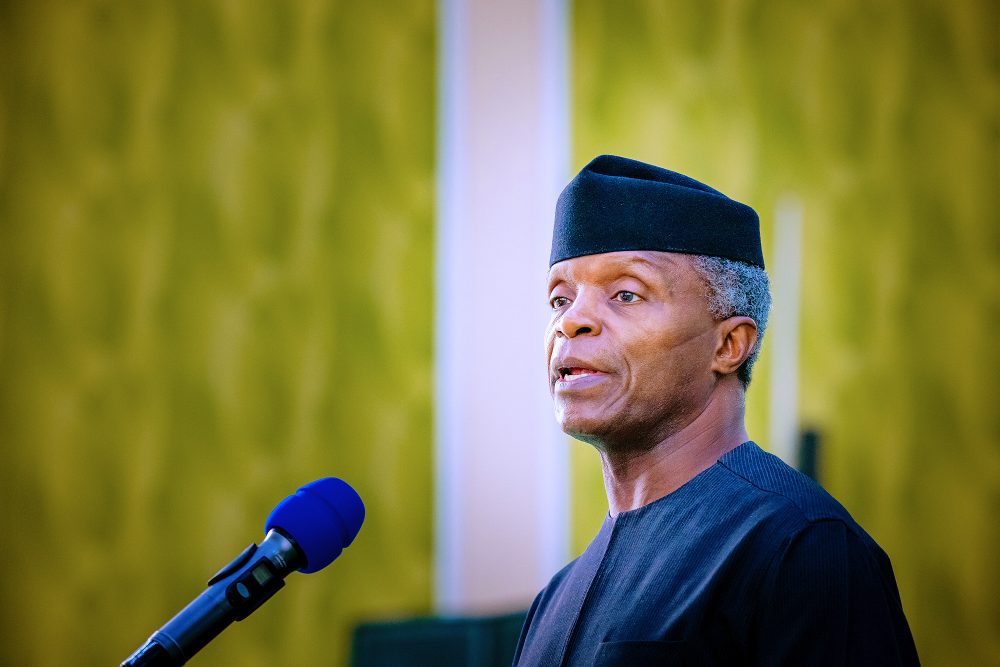
Leave a comment